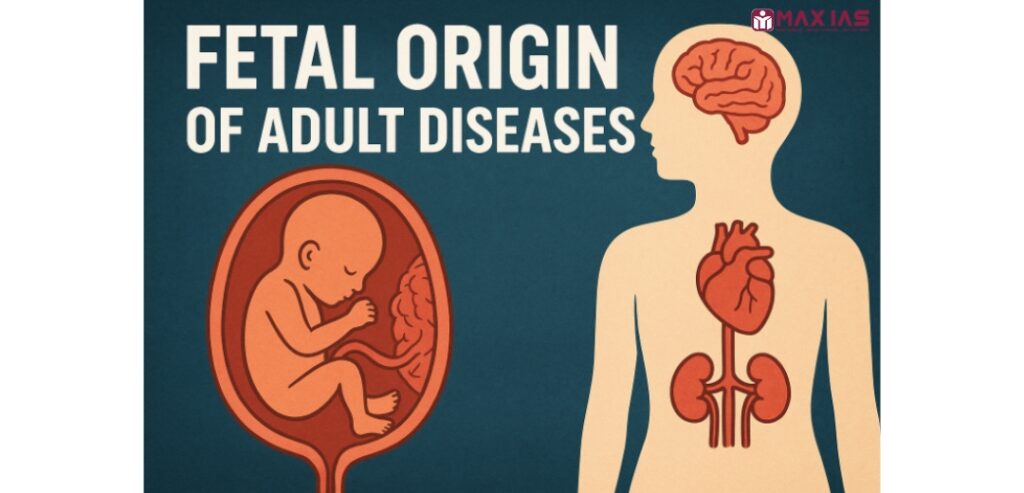The idea that early life experience, including conditions in utero, can influence the well-being of individuals is shared across many cultures. Such ideas motivate many of the practices, treatments, taboos, and rules followed by pregnant women and their partners before, during, and after pregnancy

The “Barker Hypothesis,” also referred to as the fetal origins hypothesis or fetal programming hypothesis, is derived from epidemiological studies in Europe that indicated a correlation between birth outcomes and the incidence of coronary heart disease and mortality in later life (Barker 1994), as well as the development of type 2 diabetes (Barker 1995).
These findings prompted epidemiologists to investigate chronic disease factors linked to early life. Human biologists and researchers in biological and medical anthropology showed interest in these results in relation to human life history stages and their potential implications for understanding health issues.
The fetal origins/fetal programming hypothesis can be contextualised within the framework of life history, which encompasses the strategies an organism employs to allocate energy toward growth, maintenance, reproduction, nurturing offspring, and survival. The study of early life nutrition and stress also holds practical relevance, particularly for its implications in the prevention and treatment of metabolic diseases.
A recent review article by Bogin and colleagues questions whether the costs associated with human growth and development under adverse biocultural conditions indicate accommodation or adaptation, or whether these costs reflect suffering and deficiencies in biological competence. In addition to malnutrition (both under- and over-nutrition), structural violence poses various adverse biocultural conditions (such as poverty, exposure to infections, gender inequality, religious/ethnic oppression, crime and violence, war, and heavy workloads) that can negatively affect growth and increase the risk of diseases at various life history stages.
The Developmental Origins of Health and Disease (DOHaD)
The DOHaD concept has emerged over the past 30 years as a scientific research initiative that builds upon the fetal origins hypothesis articulated by David Barker (1994). DOHaD examines how early environments can influence the development of non-communicable diseases—including cardiovascular, immune, neurological, and reproductive disorders—ranging from infancy and early childhood into adulthood.


